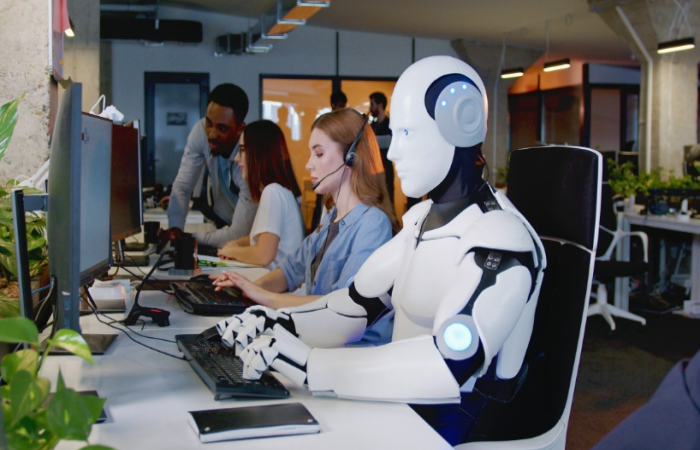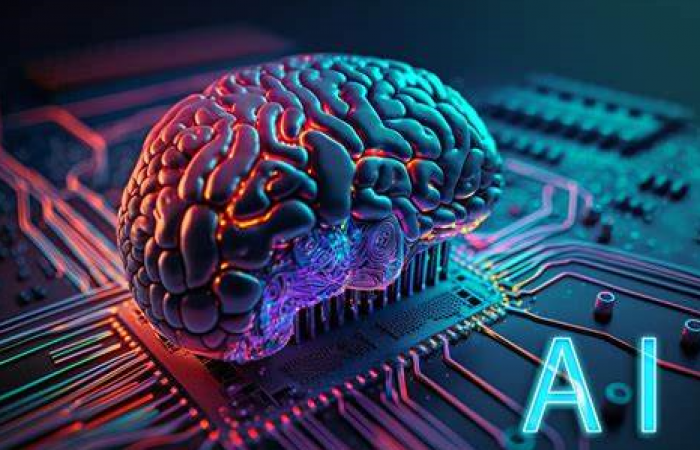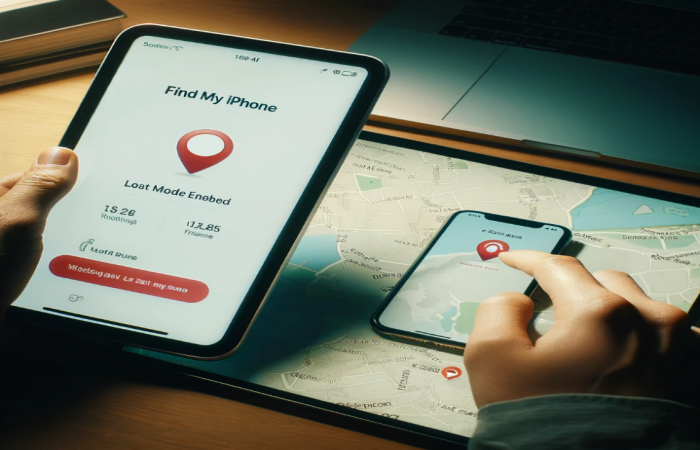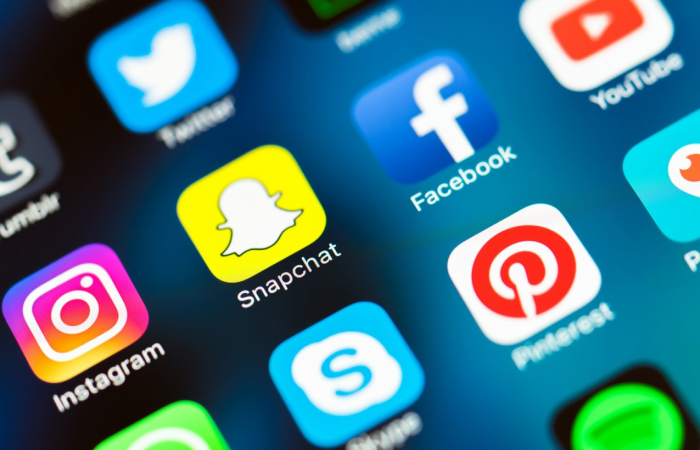
The Future of Work and Technology
Technology is reshaping the workplace at a breathtaking pace, creating opportunities, challenges, and entirely new ways of working. From artificial intelligence (AI) and automation to the metaverse and blockchain, the tools we use are redefining how, where, and why we work. Let’s explore key trends driving the future of work and what they mean for businesses and employees.
The pandemic accelerated the adoption of remote work, and it’s clear this shift is permanent.
The trend: hybrid models, where employees split time between home and office, are becoming the norm.
The Tech: Tools like Zoom, Slack, and Asana have become essential, while newer platforms like Spatial are bringing virtual reality (VR) into the workplace.
The Impact: Employees can work from anywhere, but companies must navigate challenges like cybersecurity and team collaboration.
Tip: Master productivity tools and secure your digital workspace to thrive in this environment.
AI isn’t just taking jobs—it’s creating them.
The Trend: Tasks like data entry, customer support, and even content creation are being automated.
The Tech: AI tools like ChatGPT handle communication, while UiPath automates repetitive workflows.
The Impact: Jobs will shift from task-based to skill-based, requiring employees to adapt and focus on creativity, problem-solving, and emotional intelligence.
Tip: Upskill in areas like AI management and data analysis to stay competitive.
Traditional employment is giving way to freelance and project-based work.
The Trend: Platforms like Fiverr and Upwork make it easy to connect with global talent.
The Tech: Blockchain-powered smart contracts could simplify payments and agreements.
The Impact: Flexibility is a win for workers, but companies must rethink how they manage and integrate gig workers.
Tip: Build a strong online portfolio to stand out in the gig marketplace.

The metaverse promises to redefine workplace interactions.
The Trend: Companies like Meta and Microsoft are developing immersive virtual workspaces.
The Tech: VR headsets, haptic feedback devices, and AI-driven avatars are bridging the gap between physical and virtual offices.
The Impact: While adoption is slow, the metaverse could revolutionize team collaboration, training, and customer engagement.
Tip: Experiment with VR tools to stay ahead of the curve.
Blockchain technology is more than cryptocurrency—it’s reshaping workflows.
The Trend: Decentralized apps (dApps) are enabling secure, transparent transactions and record-keeping.
The Tech: Blockchain can streamline supply chains, payroll, and intellectual property management.
The Impact: Trust and transparency are growing, but technical expertise is needed to implement blockchain solutions.
Tip: Learn the basics of blockchain and its applications in your industry.
Technology is addressing mental health and burnout.
The Trend: Companies are investing in tools to monitor and improve employee wellness.
The Tech: Apps like Calm, wearable tech like Fitbit, and AI-driven mental health bots are on the rise.
The Impact: A healthier workforce means higher productivity and job satisfaction.
Tip: Incorporate wellness technology into your daily routine to maintain a work-life balance.
As technology evolves, so must we.
The Trend: Reskilling and upskilling programs are becoming a priority for businesses.
The Tech: Platforms like Coursera, LinkedIn Learning, and AI tutors like Khanmigo are making education more accessible.
The Impact: Employees who embrace learning will be better equipped for future roles.
Tip: Dedicate time weekly to learn something new—whether it’s coding, data analysis, or leadership.
The future of work is a blend of flexibility, automation, and innovation. Success will hinge on adaptability and continuous learning. Whether you’re a professional navigating these changes or a business leader shaping them, embracing technology is no longer optional—it’s essential.
The big question is: Are you ready to adapt to this ever-evolving landscape?
Share your thoughts: Which trend excites you the most about the future of work?


















